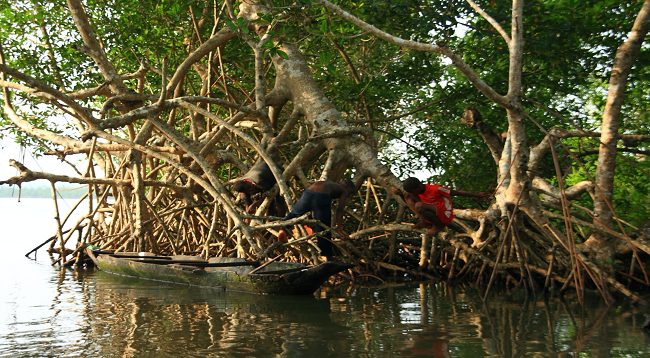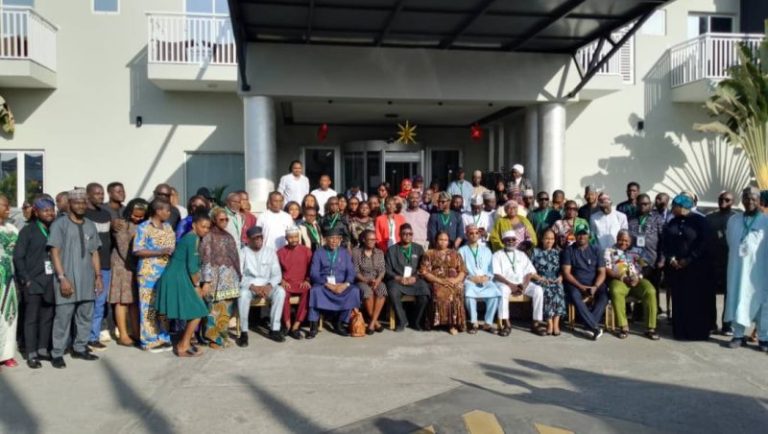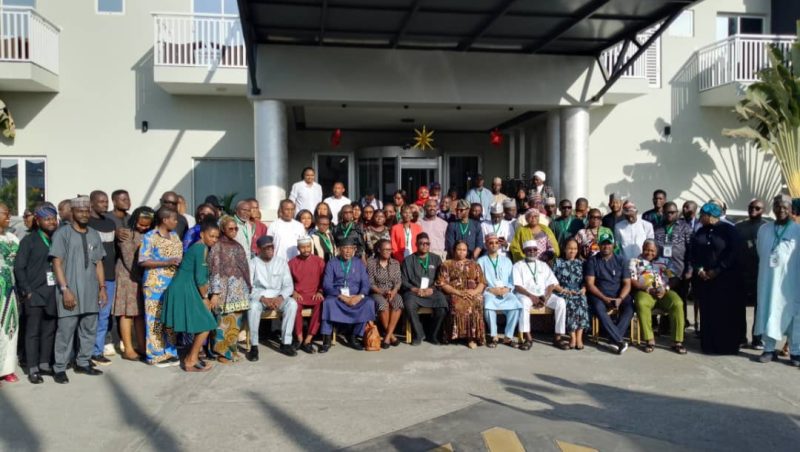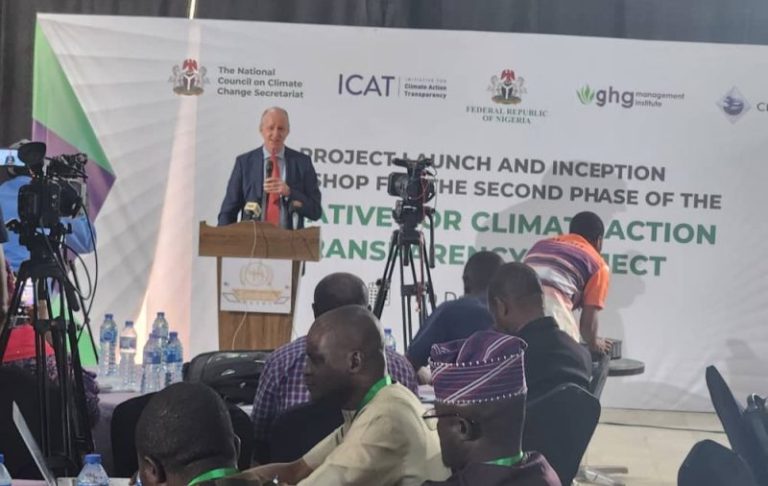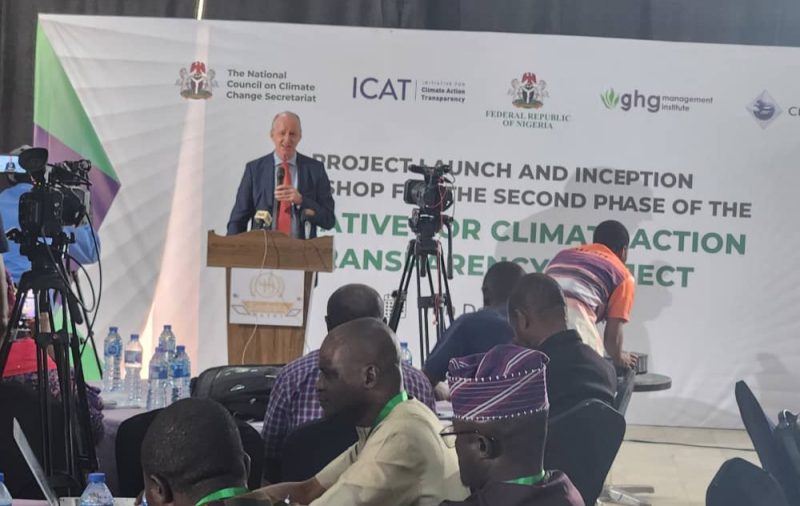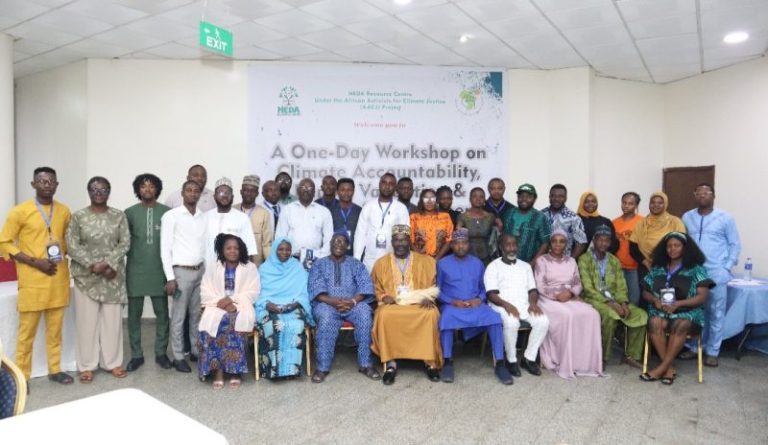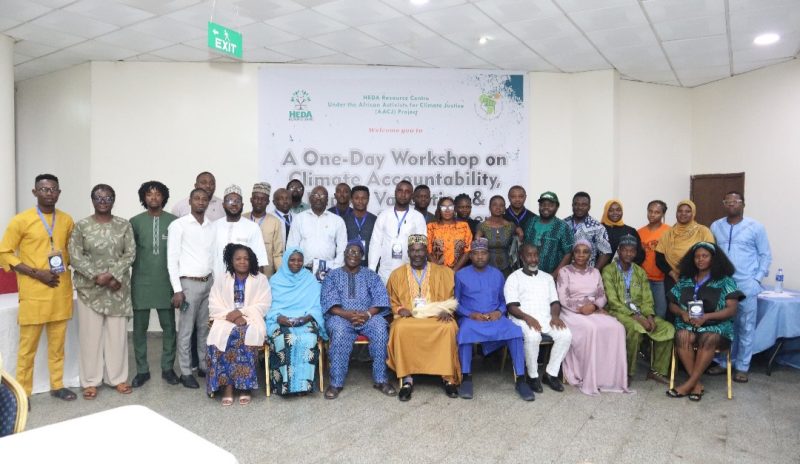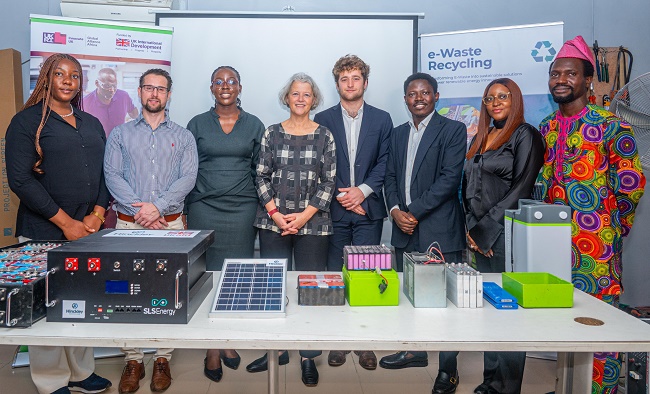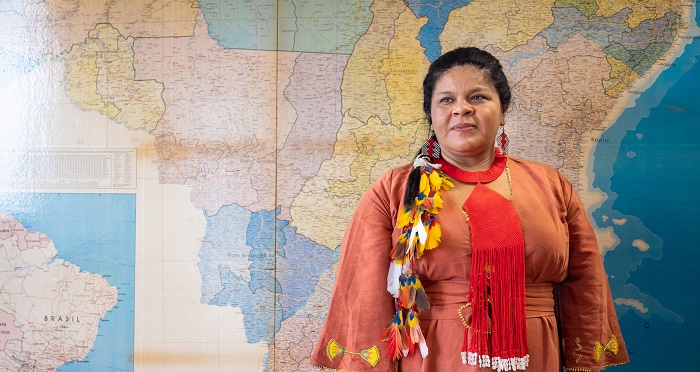The Minister of Housing and Urban Development, Mr Ahmed Dangiwa, on Friday, December 13, 2024, urged owners of Federal Government owned lands and houses in Lagos State to remit their ground rent to the government’s coffer.
Dangiwa said this during a stakeholder- citizens engagement on land administration and a physical assessment of Banana Island, Osborne Phase one and two, Park view/ Foreshore estates and shorelines.
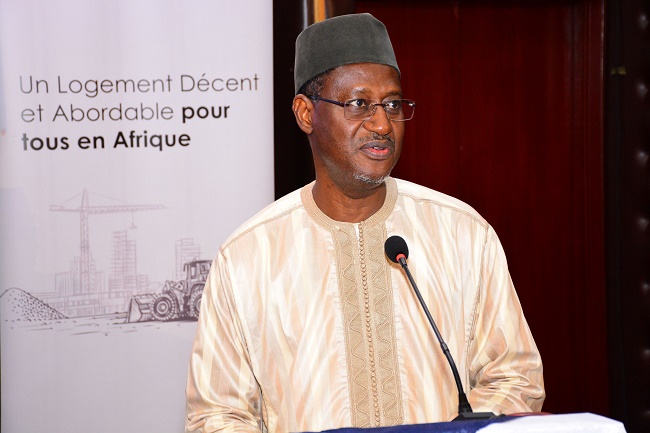
He said that the ministry planned to optimise its revenue collections by ensuring that all the occupiers of Federal Government’s asset pay their ground rent to enable it improve on the facilities.
According to him, while the Federal Government is committed to renovating, safeguarding and optimising the value of its assets nationwide, it will also enforce strict compliance to its land and estates administration laws.
Dangiwa said that the Ministry of Housing under the Renewed Hope Agenda of President Bola Tinubu had resolved to restore order in federal land and asset management.
“The Ministry is resolved to ensure strict adherence to the provisions of the law regarding the control and administration of its assets to maintain order,” he said.
The minister directed the estate associations to stay within their limits, noting that they have the right to collect facility management fees based on agreement with the occupants of the estates.
He warned that whatever the occupants agreed to pay should be used to maintain the estates in terms of electricity, roads and all other facilities they use in the estate.
“This is known to be the facility management fees which all estates usually charge in order to maintain the estate, but they should not go beyond that to collecting ground rent from the occupants.
“The ground rent is meant for the Federal Government.
“If they are collecting it on our behalf, they should remit it fully, otherwise we are going to engage our own staff to do it or engage consultants to do so on our behalf,” he said.
On the need for collaboration between the ministry and the Lagos State Government in resolving land disputes, the minister said that both parties had agreed to form a joint committee.
He said that the committee was expected to resolve longstanding land issues and foster a coordinated approach to land administration across the state.
He said that the federal and Lagos state governments were in talks to harmonise payment of tax on its assets and land administration, to address double taxation on owners of the Federal Government estates and lands.
“We are one government, and it is vital that we work as partners to ensure effective administration of Federal Government assets.
“Proper coordination will prevent exploitation by third parties and ensure compliance with the law,” he said.
Dangiwa said that the stakeholder engagement on land administration provided an opportunity to share insights and contribute to the Federal Government’s strategy for sustainable urban development.
He also said that the interactive session was a critical step toward improving land administration in Lagos, and delivering on the ministry’s promise of affordable housing and urban development for all Nigerians.
He said the ministry was ready to address the myriad of challenges affecting the estate and land owners, having understood their needs, concerns and areas for improvement.
The Minister expressed concern over the poor condition of federal assets and uncompleted housing projects, vowing to expedite their renovation, upgrade, and completion.
“We have resolved to optimise these facilities and put them to good use so that they can provide value to the government and Nigerians.
“Our aim is to fast-track the completion of housing projects to increase the stock of affordable housing for Nigerians in Lagos,” he said.
According to him, plans are underway to transform the Ministry of Housing field offices into modern, functional workspaces to boost staff productivity and enhance operational efficiency in Lagos.
Addressing irregular developments along the Lagos shoreline, Dangiwa reiterated the Federal Government’s authority over shoreline titles.
He warned developers who failed to comply with legal requirements of appropriate sanction.
“To curb these practices, the ministry issued a one-month ultimatum for all developers on shorelines to regularise their papers or risk having their properties revoked and demolished.
“We have observed numerous haphazard developments along the shoreline, where people have reclaimed and built on land without proper clearance or authorisation. This is unacceptable,” Dangiwa said.
By Rukayat Adeyemi

